Essential Tips to Spot Early Dementia Signs and Stay Ahead
Is it just a harmless senior moment—or something more? Subtle memory lapses, confusion with familiar tasks, or changes in mood can be easy to dismiss, but they may be early signals of dementia. The key is not to panic, but to pay attention. Early detection opens the door to better outcomes, allowing you or your loved ones to take proactive steps, explore treatment options, and build a strong support system before symptoms progress. Staying informed is your greatest defense. That’s why we’ve expanded our guide to 20 Essential Tips to Spot Early Dementia Signs and Stay Ahead—a practical, compassionate toolkit designed to help you recognize warning signs early and act with confidence. Whether you're concerned for yourself, a parent, or a partner, these insights will help you navigate the gray areas with clarity, empowering you to protect brain health and preserve quality of life for as long as possible.
1. Understanding Dementia

Dementia is not a single disease, but rather a general term describing a decline in mental ability severe enough to interfere with daily life. It encompasses several conditions, including Alzheimer's disease, vascular dementia, and Lewy body dementia. Each type of dementia may affect individuals differently and can progress at varying rates. Developing a clear understanding of these different types can significantly help in recognizing early signs and symptoms, thereby guiding the subsequent steps to take.
2. The Science Behind Dementia
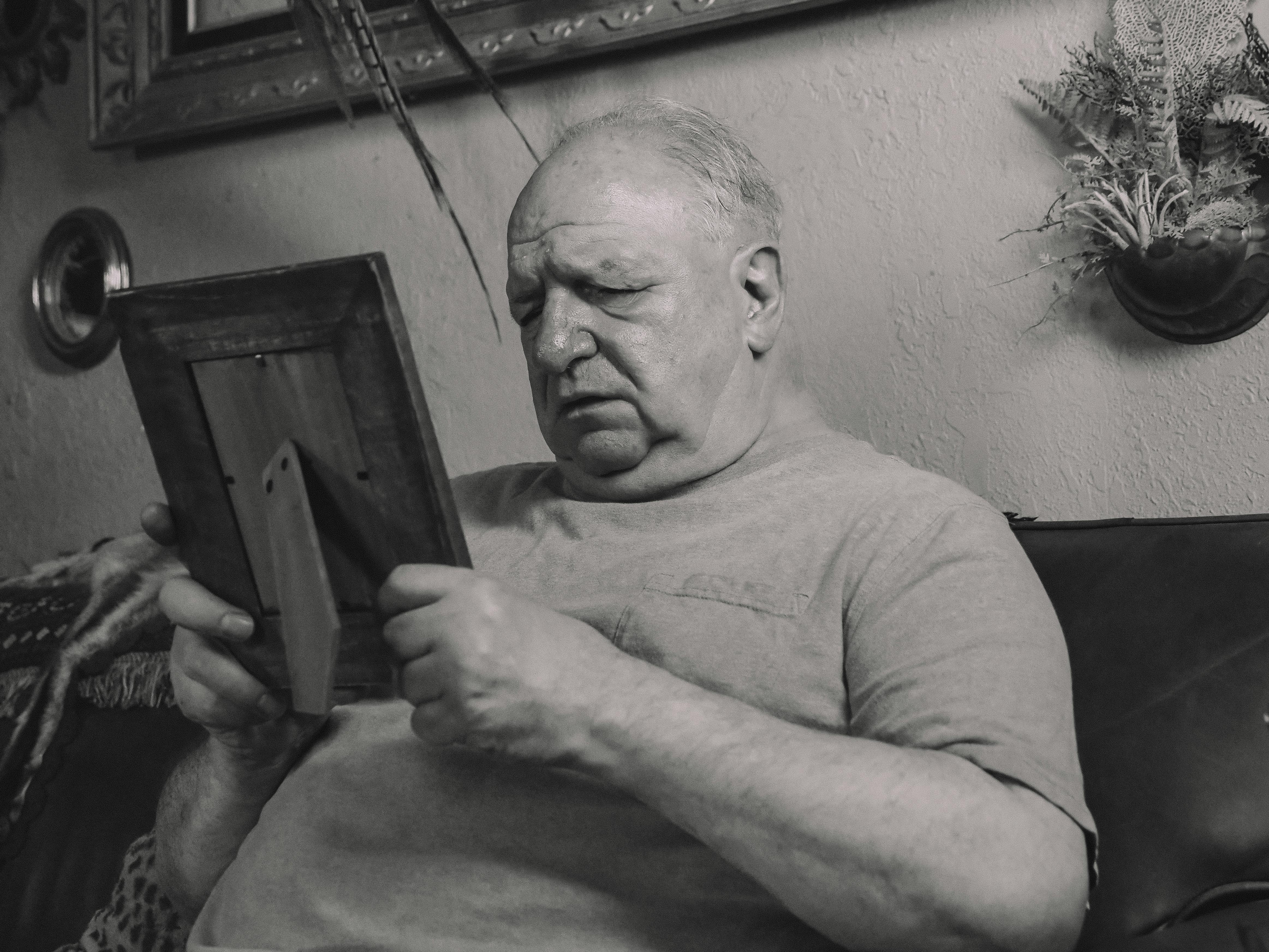
Delving into the science, dementia occurs due to damage or disease affecting the brain's capacity for thought, memory, and behavior. The biological mechanisms underlying this condition include the accumulation of abnormal proteins, reduced blood flow to the brain, or inflammation. Furthermore, a combination of genetic and environmental factors may also increase an individual's risk of developing dementia.
3. Early Signs of Dementia
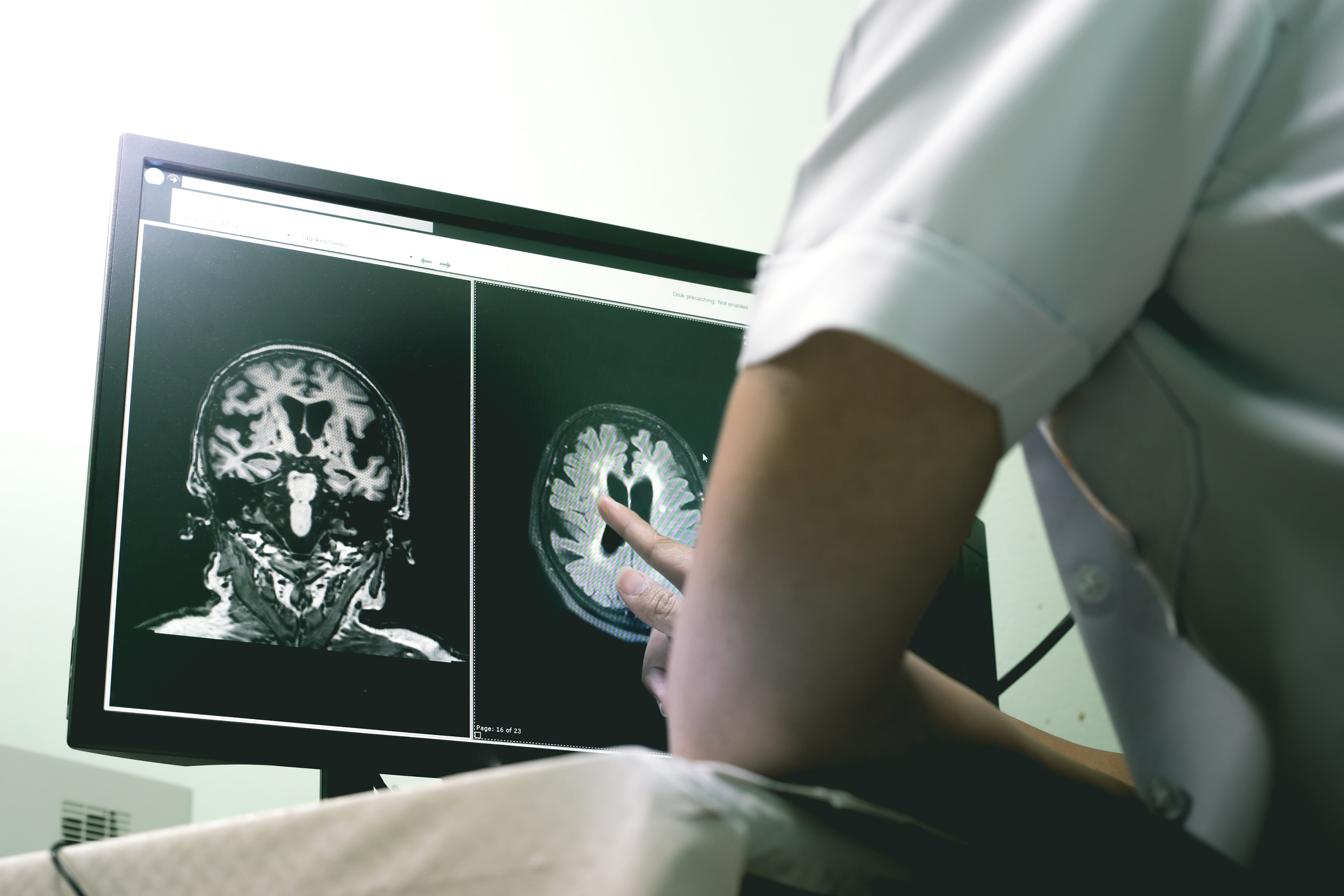
Recognizing the early signs of dementia is crucial for facilitating earlier diagnosis and intervention. Common early indicators to be aware of include noticeable memory loss, increasing difficulty in completing familiar tasks, confusion regarding time or place, and distinct changes in mood or personality. It's also very important to distinguish these signs from the normal aging processes.
4. Importance of Early Detection

The benefits of detecting dementia early are numerous. Timely detection allows for prompt intervention and treatment, which can potentially slow the progression of the disease and improve the overall quality of life. Therefore, regular cognitive assessments for older adults are highly important, and various tools and tests are utilized to aid in this early detection process.
5. Lifestyle Changes and Dementia
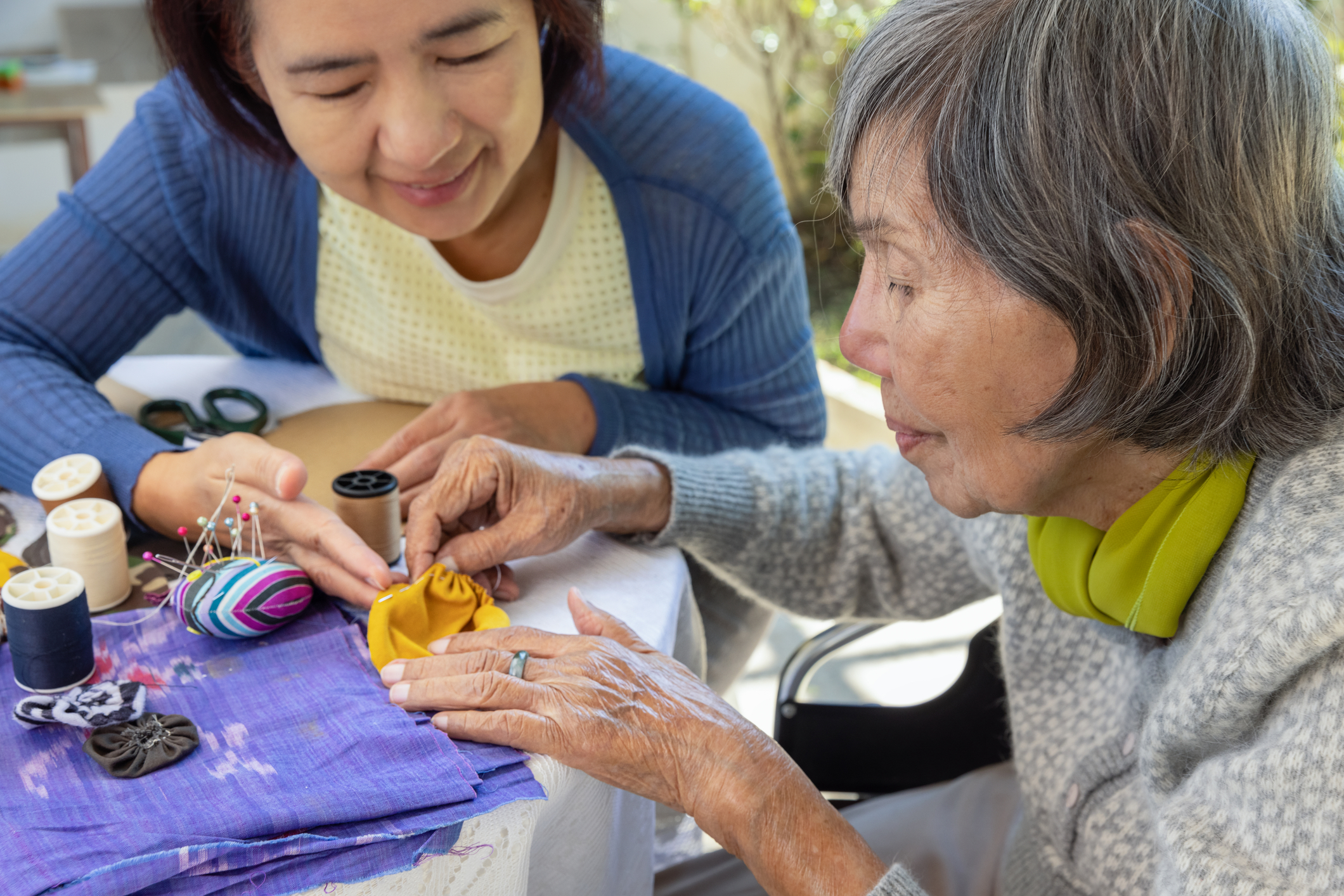
Adopting certain lifestyle changes can be pivotal in reducing the risk of developing dementia or slowing its progression. Key among these are maintaining a healthy diet, engaging in regular physical activity, pursuing mental stimulation, and fostering social engagement to support brain health. Successfully managing other health conditions, such as diabetes and heart disease, also significantly impacts an individual's dementia risk.
6. Medical Interventions for Dementia
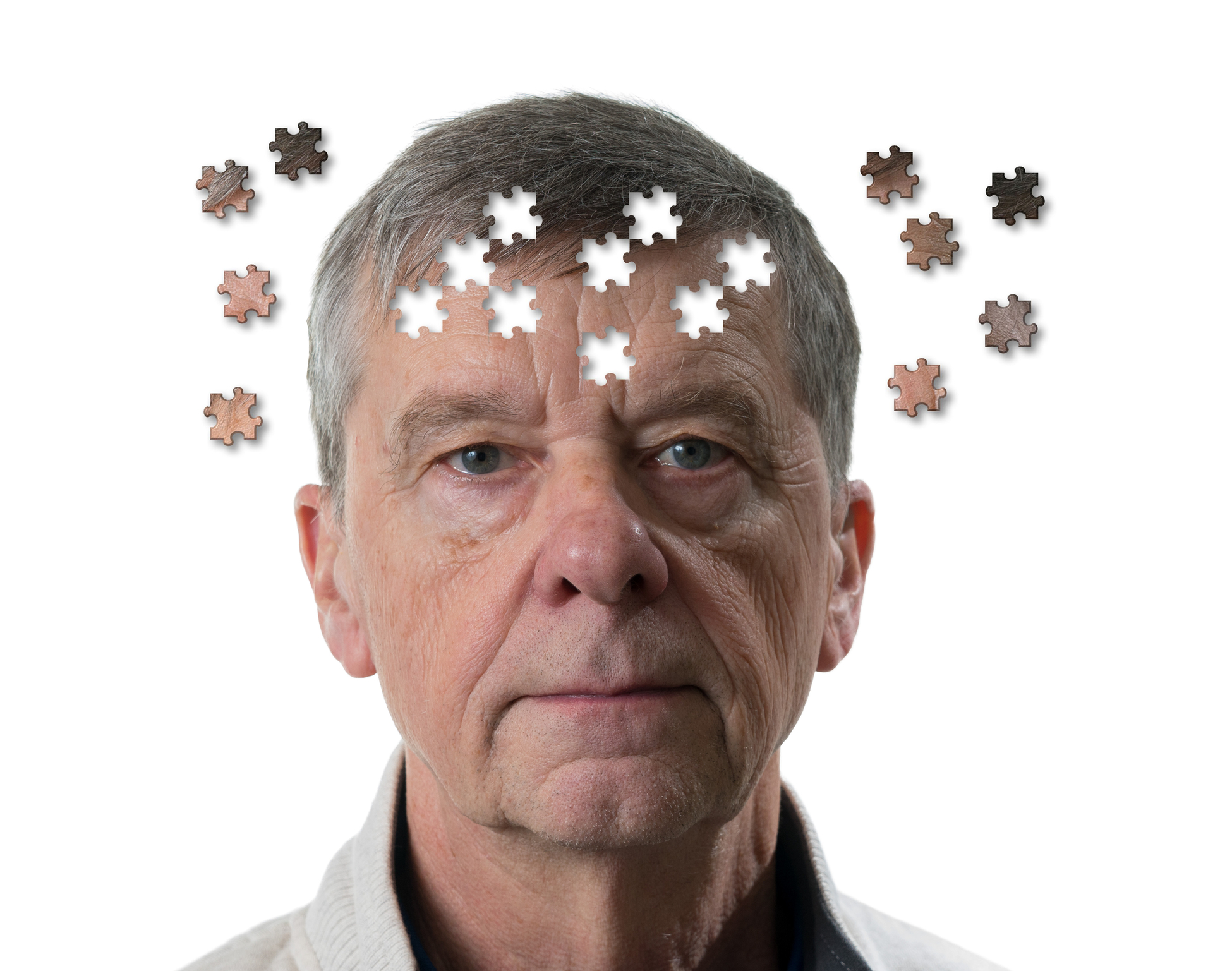
While a cure for dementia currently remains elusive, various medical interventions can effectively help manage symptoms and improve quality of life. These approaches include medications designed to address cognitive and behavioral symptoms, cognitive therapy, and other supportive treatments. Encouragingly, ongoing research continually explores new treatments and potential cures, offering hope for future advancements.
7. Coping with a Dementia Diagnosis

Receiving a dementia diagnosis is undoubtedly an overwhelming experience for both the individual and their loved ones. Guidance for coping often involves seeking robust support from family and friends, joining dedicated support groups, and learning as much as possible about the specific condition. Crucially, planning for the future by making necessary legal and financial arrangements becomes an important proactive step.
8. Caregiving for Someone with Dementia
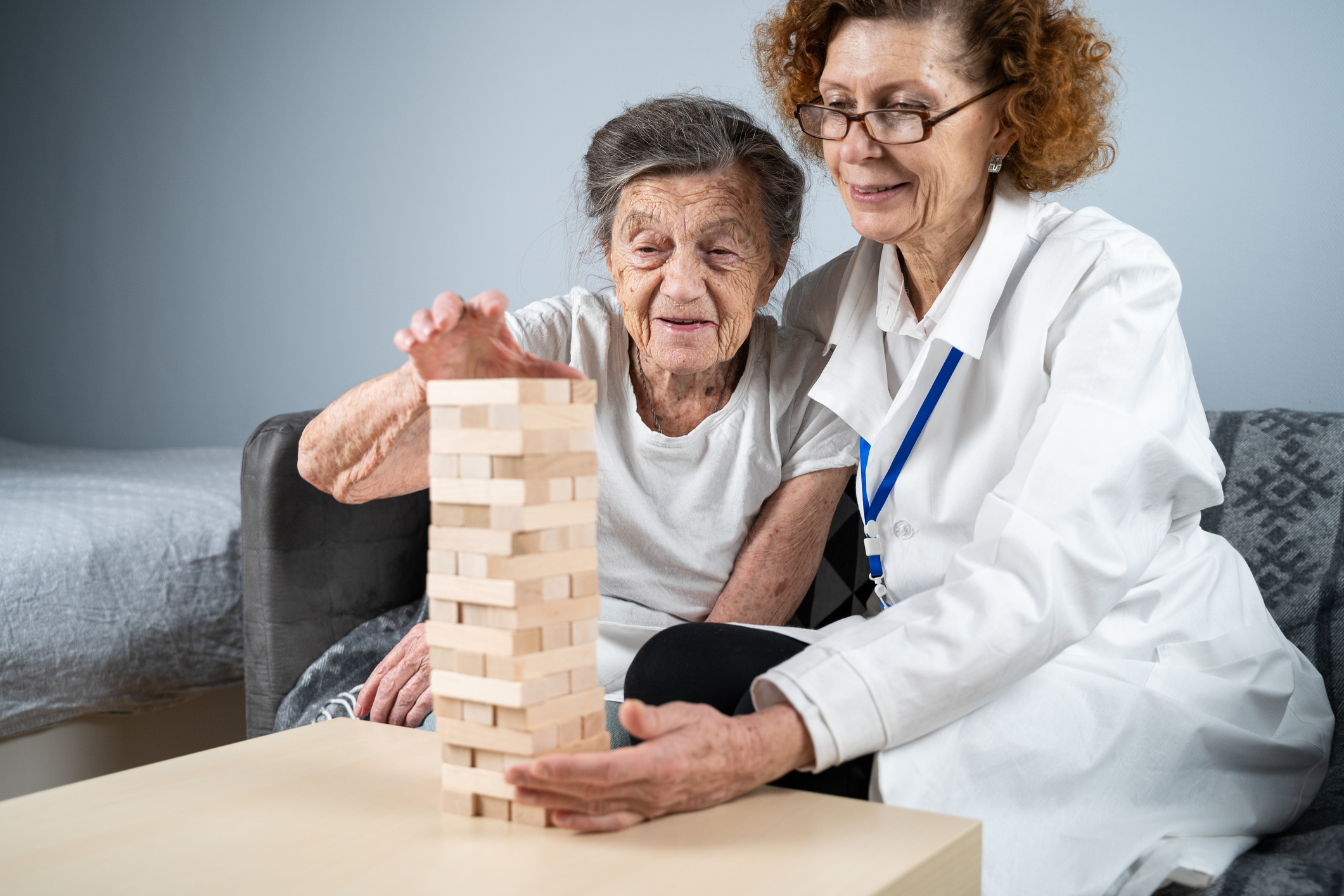
Caring for an individual with dementia presents a unique set of challenges, yet it can also offer profound rewards. Practical support for caregivers includes creating a safe and predictable environment, developing effective communication strategies tailored to the person's abilities, and learning techniques for managing challenging behaviors. Equally vital is the caregiver's own self-care, with numerous resources available for support and respite.
9. The Role of Technology in Dementia Care

Technology offers increasingly significant support in the realm of dementia care, with tools ranging from memory-enhancing apps to sophisticated devices that monitor health and safety. These technological innovations can greatly assist both individuals living with dementia and their caregivers. When choosing and implementing these technologies, careful consideration of individual needs, ease of use, and privacy is paramount.
10. Dementia and the Law
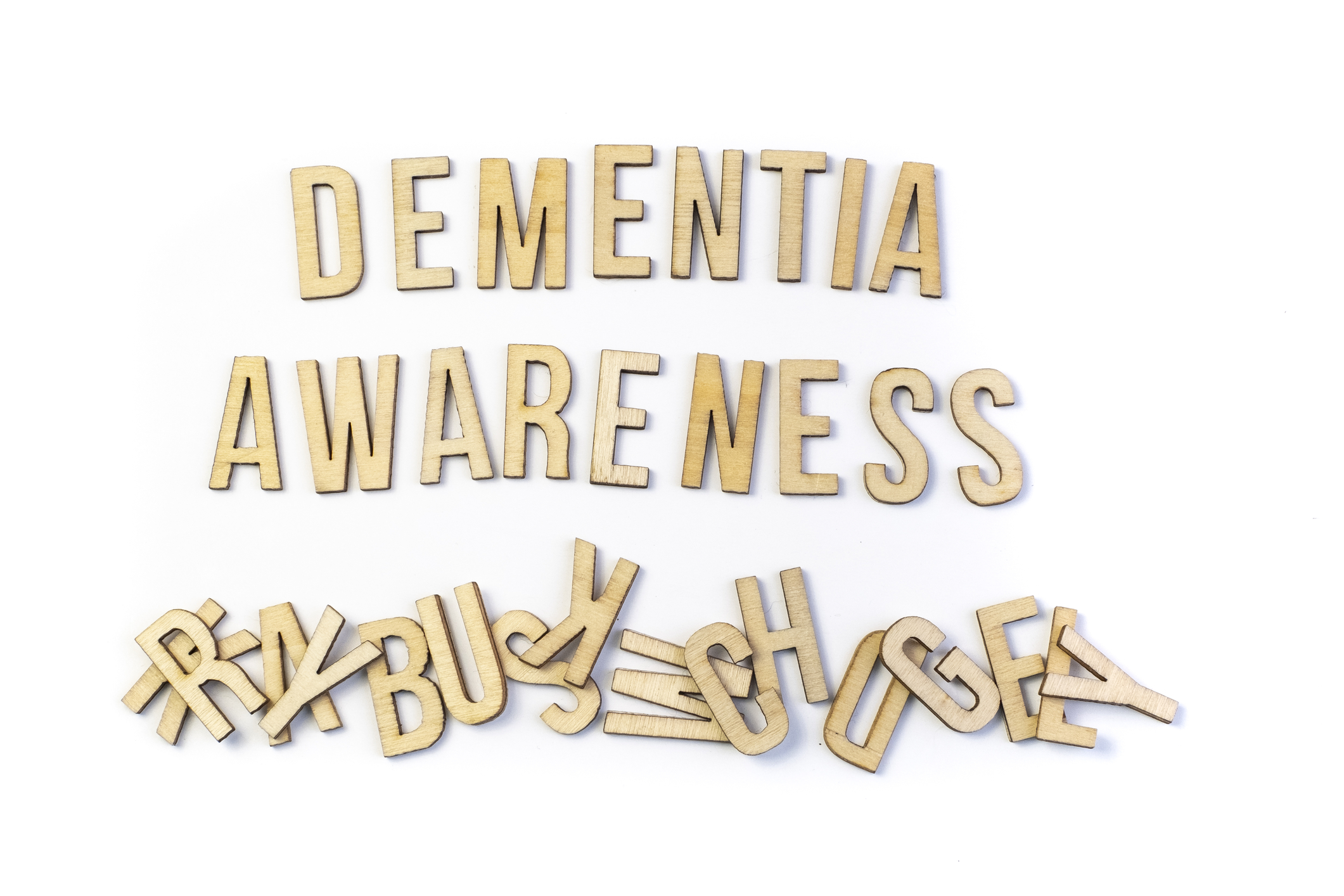
Navigating legal issues is a frequent and important aspect of dealing with dementia. These matters can encompass questions of an individual's capacity to make decisions, as well as issues surrounding their care, treatment, and financial affairs. Understanding how to navigate the legal system is crucial, including knowing the role of attorneys and essential legal documents such as power of attorney and living wills.
11. Dementia Research and Future Directions
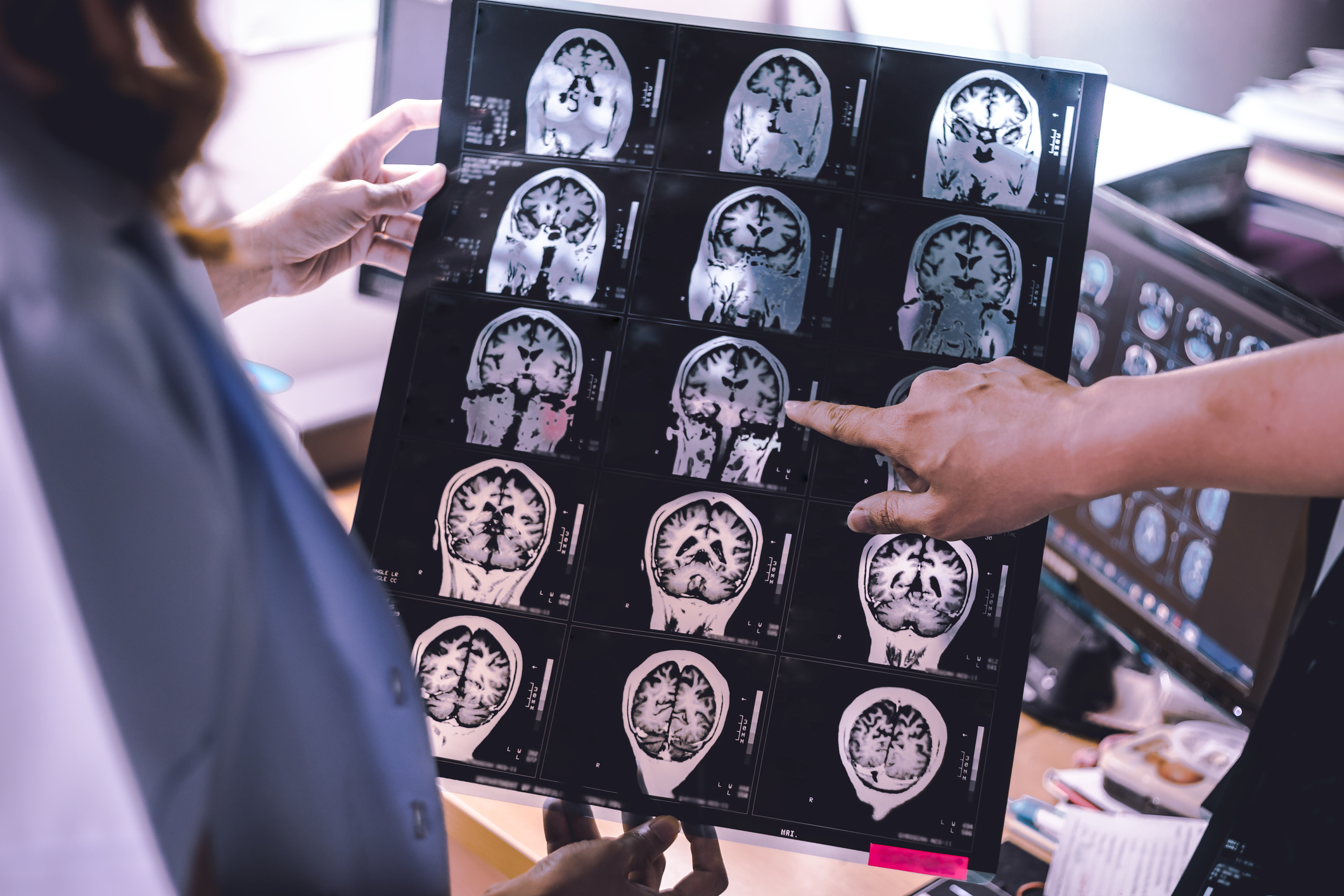
Ongoing research is absolutely paramount in the global fight against dementia. Current efforts are extensive, spanning from studies investigating the fundamental causes and mechanisms of various dementia types to clinical trials testing promising new treatments. Future directions in dementia research hold considerable promise for developing more personalized treatments and, ultimately, effective prevention strategies.
12. Dementia in Different Cultures

Dementia impacts individuals across all cultures and diverse backgrounds. Understanding how dementia is perceived, understood, and experienced within different cultural contexts is vital for providing truly culturally sensitive and effective care and support. Addressing existing disparities in dementia care access and research findings across diverse populations also remains a critical ongoing effort.
13. The Economic Impact of Dementia

The economic impact of dementia is substantial, placing considerable strain on individuals, families, and society broadly. These costs encompass direct medical expenses, the often-significant expenses related to long-term care, and the indirect costs of lost productivity for both patients and caregivers. Addressing this wider economic burden through thoughtful public policy and dedicated research is essential.
14. Dementia and the Arts
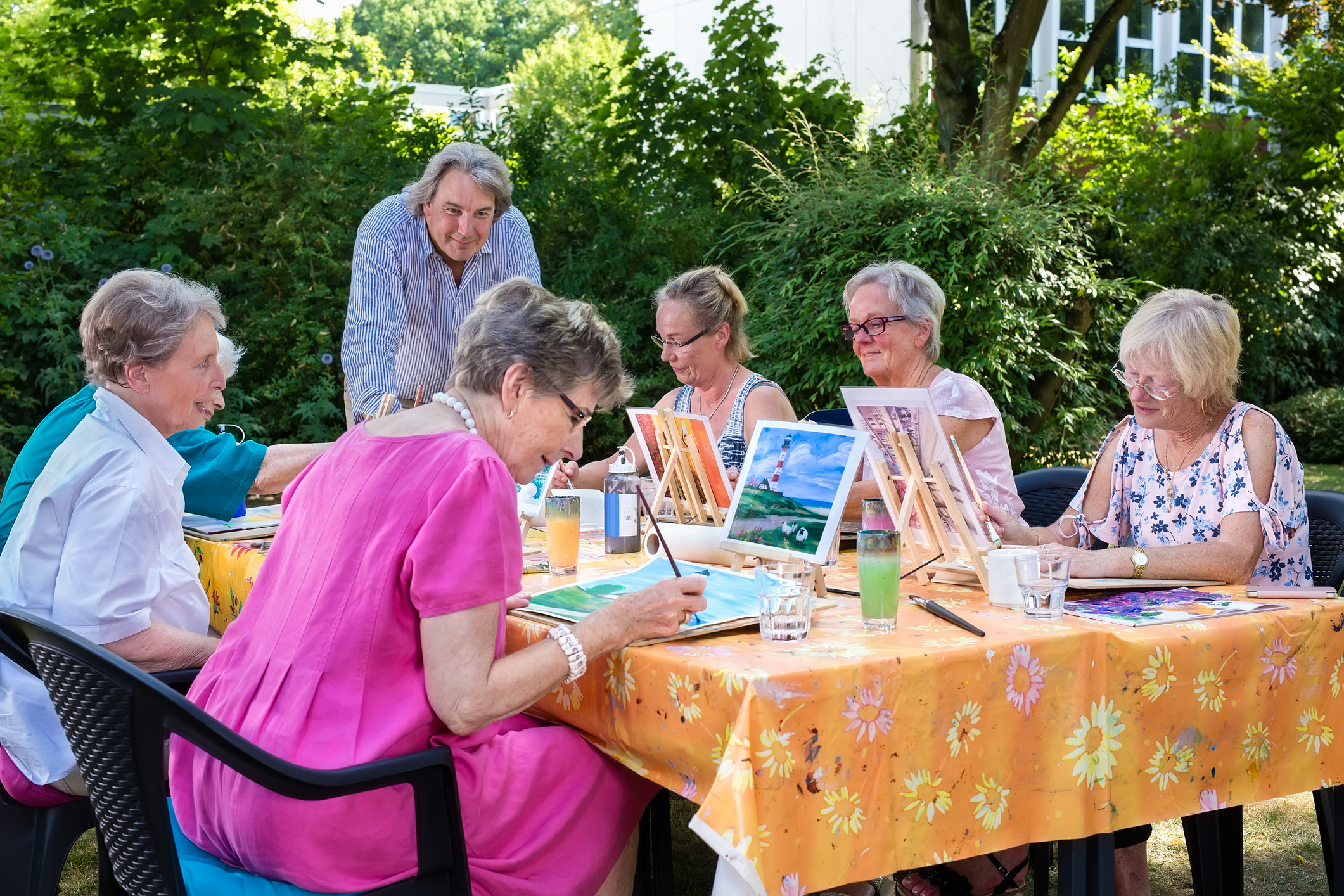
Engagement with the arts can uniquely enrich the lives of individuals living with dementia, offering significant therapeutic benefits and vital avenues for self-expression and connection. Music, visual arts, dance, storytelling, and other creative forms are increasingly recognized for their positive and powerful role in dementia care and therapy. Furthermore, the arts serve as a compelling medium for raising public awareness and fostering deeper understanding of dementia.
15. Proactive Planning: Voicing Wishes and Advance Care Directives

Taking control early involves more than just medical appointments; it means thoughtfully planning for the future. Engaging in advance care planning allows individuals to articulate their preferences for future medical treatment, personal care, and end-of-life wishes while they are still fully able to make and communicate these decisions. This proactive approach often involves creating legal documents like living wills or appointing a durable power of attorney for healthcare. Crucially, it also means fostering open and honest conversations with loved ones and healthcare providers about these wishes, ensuring clarity and peace of mind for everyone involved as the journey unfolds.
16. Notice Repeated Questions or Stories

It’s normal to forget small details now and then—but when someone begins repeating the same question or story within short periods, it may signal early cognitive decline. This behavior stems from short-term memory disruption, making it hard to retain recent conversations. What’s important is the pattern, not the moment. Gently observe if repetition becomes frequent or increasingly disconnected from context. If you find yourself answering the same question multiple times in one day—or hearing the same story on repeat without recognition—it’s worth tracking and discussing with a medical professional. Early documentation helps with diagnosis.
17. Monitor Withdrawal from Social Activities
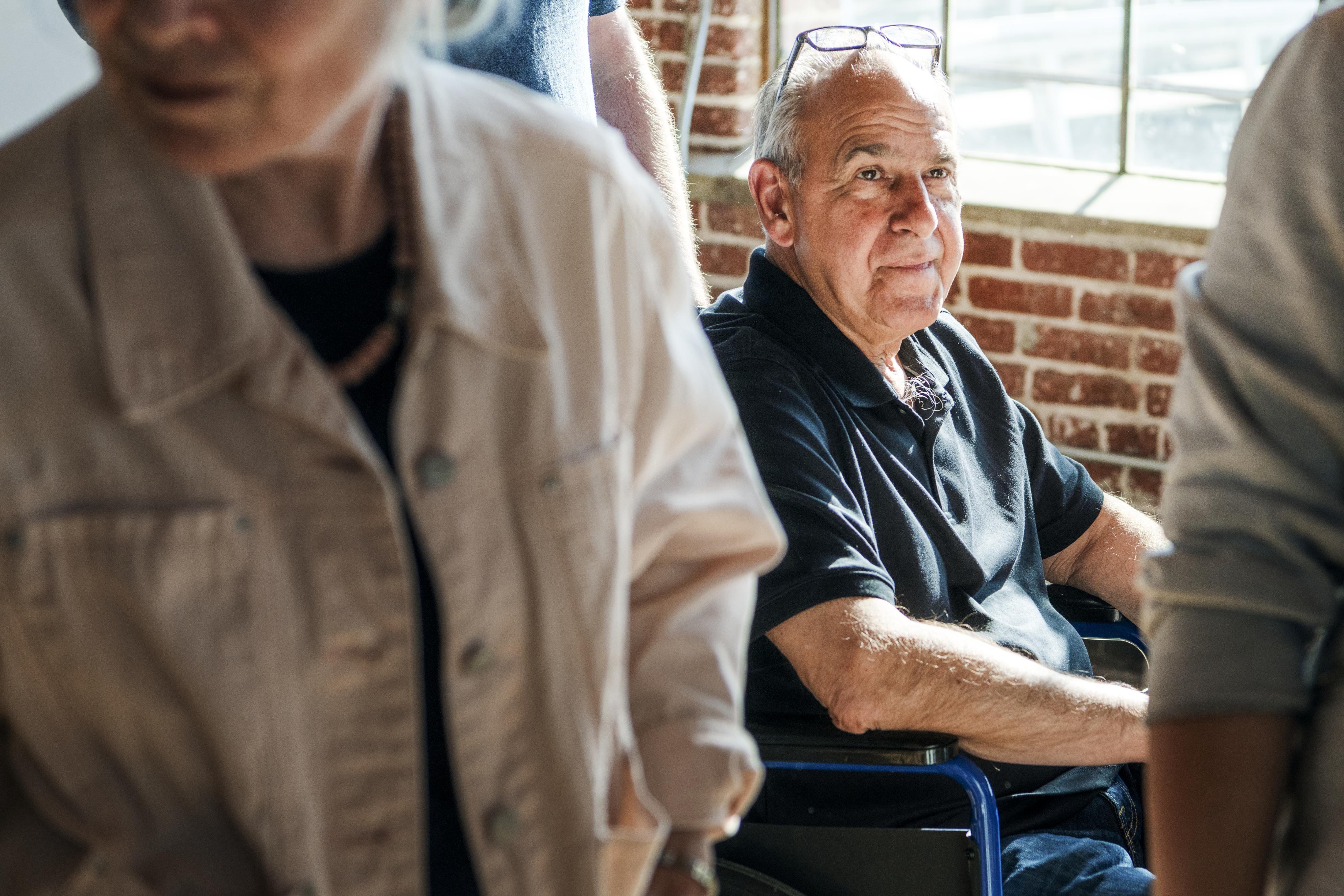
People in the early stages of dementia may begin retreating from activities they once enjoyed—book clubs, family dinners, or even casual conversations. This isn’t just mood-related; it often stems from embarrassment, confusion, or fear of making mistakes in social situations. They might feel overwhelmed by fast-paced conversations or anxious about remembering names or details. Social withdrawal can appear subtle at first but is a significant early red flag. Encouraging low-pressure engagement and tracking behavior changes over time can help identify when something deeper might be unfolding neurologically.
18. Watch for Trouble Managing Finances

Difficulty handling money is one of the earliest—and most telling—signs of cognitive decline. This includes forgetting to pay bills, making unusual purchases, or struggling to balance a checkbook. Because financial tasks require memory, organization, and decision-making, even small lapses can reveal underlying issues. You may notice unopened mail piling up, duplicate payments, or confused responses about routine expenses. If a loved one suddenly becomes secretive or defensive about finances, that too can be a subtle indicator. Gently offering support and introducing safeguards early can protect both their dignity and assets.
19. Track Language and Word-Finding Difficulties

Occasional word lapses happen to everyone—but persistent struggles to find common words, misnaming objects, or substituting vague phrases (“that thing,” “you know what I mean”) could indicate early dementia. This is more than a brain fog moment; it's often a sign of changes in the brain's language centers. You might notice someone trailing off mid-sentence, struggling to follow conversations, or avoiding verbal communication altogether. These challenges can be frustrating and embarrassing for the person experiencing them, so approach with empathy and patience—while taking note for professional evaluation.
20. Pay Attention to Changes in Judgment or Decision-Making

One of the less obvious but critically important early signs of dementia is impaired judgment. This might show up as dressing inappropriately for the weather, falling for scams, or making uncharacteristically risky decisions. Changes in judgment can also manifest emotionally—such as becoming unusually gullible, insensitive, or impulsive. Unlike forgetfulness, this is about how someone thinks, not what they remember. If someone you know begins behaving out of character in ways that affect their safety or wellbeing, it’s important to take it seriously and begin exploring cognitive assessments sooner rather than later.
Stay Sharp, For You and Yours

Dementia may begin quietly—but with the right awareness, you can meet it head-on. These 20 essential tips aren’t just about spotting early signs; they’re about reclaiming agency, preserving dignity, and making empowered decisions before challenges escalate. Whether you’re noticing subtle shifts in a loved one or simply staying proactive about your own brain health, knowledge is your strongest ally. Early detection doesn’t just open doors to treatment—it creates space for planning, support, and deeper connection. From missed bills to mood changes, every detail matters. But remember: this isn’t a journey you have to walk alone. With compassion, information, and timely action, you can navigate the unknown with clarity and strength. The goal isn’t to fear what might come—it’s to stay present, pay attention, and prepare wisely. Because when it comes to cognitive health, being even one step ahead can change everything.
